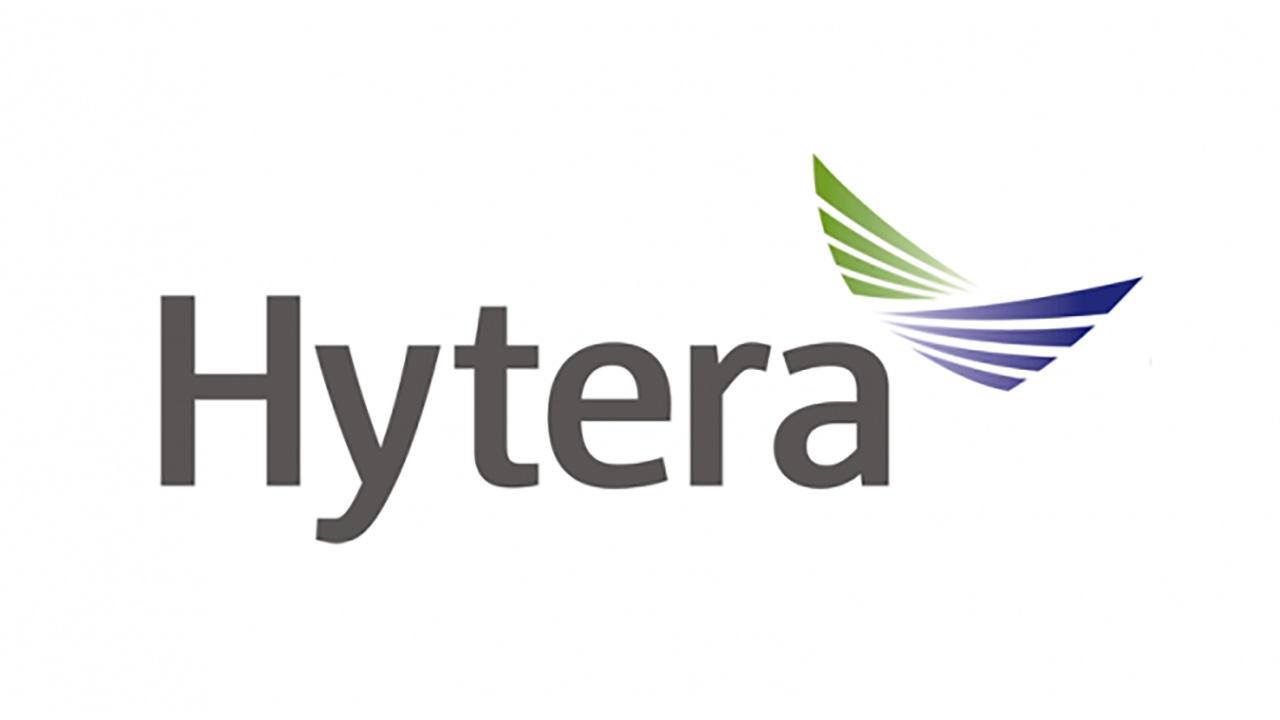ITC opinion says Hytera can continue selling DMR in U.S., but only with software changes that removes Motorola Solutions patented features

Hytera Communications can continue to sell and maintain DMR equipment in the United States that includes the company’s “i-Series” software upgrade, which does not include functionality included in three Motorola Solutions patents that Hytera “intentionally copied,” according to the U.S. International Trade Commission (ITC).
In a 47-page opinion that provides detail explanation of the summarized ITC’s ruling that was announced on Nov. 16, the ITC reaffirmed that Hytera infringed on three Motorola Solutions patents and has issued a cease-and-desist order—subject to a presidential review that is scheduled to be completed by mid-January—that prohibits Hytera from importing, selling, marketing and servicing most of its existing DMR systems and subscribers.
However, the ITC opinion also notes that Hytera’s “redesigned products”—clearly identified for the first time as the “i-Series” portfolio in the ITC opinion—do not infringe on any of the three patents in question. Hytera officials have said that customers can upgrade their existing Hytera DMR products to “i-Series” functionality with a free software upgrade.
“Given our non-infringement findings regarding the redesigned products, Hytera … can continue to supply the market,” according to the opinion.
Hytera officials have touted new capabilities of the “i-Series” software upgrade, but the new software also removes functionality, according to the ITC opinion.
“Motorola states that it did not pursue infringement allegations with respect to the ‘991, ‘701 and ‘869 patents, because it believed—based on the record evidence—that the redesigned products did not infringe those patents because of the removal of the relevant infringing features,” the opinion states. “We view this statement as an admission that these products do not infringe the ‘991, ‘701 and ‘869 patents.”
Representatives for both Motorola Solutions and Hytera Communications have noted that existing Hytera customers would not sought out individually to ensure removal of infringing software from DMR products. However, without the i-Series software upgrade to the system, Hytera would not be able to provide maintenance services, according to the ITC opinion.
“We do not find a service/repair exception appropriate here,” the ITC opinion states, referencing the cease-and-desist order.
Hytera America Vice President Steve Cragg said the finding means that Hytera will be able to continue servicing customers as normal.
“We will support all of the products by upgrading them,” Cragg said during an interview with IWCE’s Urgent Communications. “If somebody asks us for a repair, it has always been our policy to upgrade first to the latest version of software and then repair the product. We’re doing nothing more than we’ve always done.”
On Nov. 16, the ITC issued a summary of its final determination that Hytera infringed on three patents held by Motorola Solutions—U.S. Patent No. 7,369,869 (“the ‘869 patent”), U.S. Patent No. 7,729,701 (“the ‘701 patent”); and U.S. Patent No. 8,279,991 (“the ‘991 patent”). The ITC ordered that Hytera “cease and desist” importing, selling, marketing, advertising, distributing products that infringe on these three patents.
According to a Motorola Solutions press release, the infringed patents include Motorola Solutions’ Fast Scan technology (patent ‘869), which lets a subscriber radio scan through frequency channels more quickly while in repeater mode and is “used by nearly every Hytera subscriber.”
Another patented feature cited in the press release is Motorola Solutions’ Rapid Re-key technology (‘701 patent) that lets messages “be repeated after a repeater goes to sleep to preserve spectrum.” The ‘991 patent enables TDMA Direct Mode Pseudo Trunking technology, according to Motorola Solutions.
Cragg confirmed that the functionality associated with these three patents has been removed from Hytera’s new i-Series Hytera software, but he does not believe users typically will miss these capabilities.
“One of the features will mean that there is a slight degradation in scanning under certain conditions,” Cragg said. “We don’t believe that will significantly impact our customers. In that case, we have to say that we cannot offer that feature. With the TDMA direct mode, not many people use that.
“We’re confident that—in reality—removing these features will not substantially impact any of the customers that were using those features. We’ve reviewed a lot of the code plugs that customers have used, and we know that it’s a very small number that actually use those features. Even for those [who do use the patented features in questions], we don’t believe they’re critical.”
Instead, Hytera’s i-Series software upgrade includes new features that are of “real value” to users, such as optimized PTT, full-duplex calling and tripling the rate of GPS polling, Cragg said.
“We see those as addressing critical and real needs, rather than concentrating on basically some very, very minor features that we know for a fact that most of our customers do not use,” he said.
The ITC ruling is subject to a 60-day presidential review that is scheduled to be concluded by Jan. 15. Until then, Hytera theoretically could continue selling and servicing products that infringe on the three Motorola Solutions patents in question, but any revenues realized from such actions would be subject to a 44% bond that would be paid to Motorola Solutions, according to the ITC opinion.
Hytera Communications gained access to the Motorola Solutions patents about a decade ago, when three former Motorola employees allegedly downloaded more than 7,000 Motorola files about DMR technology—even though none of the engineers were working on DMR projects at the time—just prior to becoming Hytera employees. When questioned about the matter, all three engineers have invoked the Fifth Amendment to avoid self-incrimination.
Citing all of the circumstances in the record, the ITC opinion affirms Administrative Law Judge MaryJoan McNamara’s July 3 finding that Hytera “intentionally copied” the three patented technologies in question.




_Michael_Burrell_Alamy[1].jpg?width=700&auto=webp&quality=80&disable=upscale)
